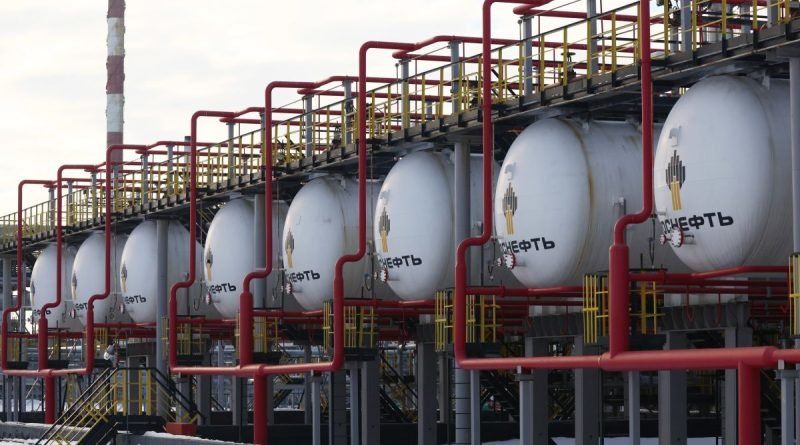Limiting the price of Russian oil works
Limiting the price of Russian oil works
The price restrictions imposed by G7 countries and allies to force Russia to sell its oil at a discount are working as intended, Amos Hochstein, the U.S. president’s energy security adviser, said Monday.
The United States was one of the initiators of the Russian oil price cap, which aimed to prevent serious supply disruptions from Russia while reducing Moscow’s revenue from oil and other fuel exports.
The G7 countries, the European Union and Australia imposed a price cap of $60 a barrel on Russian oil exported by sea on Dec. 5 as part of sanctions against Russia. On Feb. 5, the G7 and its allies imposed a cap on Russian fuel sales.
“I think the advantage of this process is that it works and that Russian oil trades below the price cap,” Hochstein told reporters on the sidelines of an energy conference in Houston.
Russia, which produces about 10 percent of the world’s oil reserves, announced in February that it would cut production by 500,000 bpd, or about 5 percent of Russian output, in response to the price cap.
Hochstein said the cut had little effect on the prices buyers were paying for Russian oil.
“I don’t know why Russia is cutting its production,” he said. – I don’t think the price has gone up that much. We want to make sure that Russian oil is on the market and that it is sold at a discount.”
You may be interested: Two passenger planes collided at Boston airport
